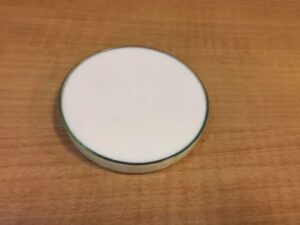Cotton Chemical Product Description
Cotton chemical products are derived from the natural fibers of the cotton plant, which are processed and treated with various chemicals to enhance their properties. These products are widely used in the textile industry for their versatility, durability, and comfort. Cotton chemical treatments can improve the fabric’s resistance to wrinkles, stains, and fading, making it suitable for a variety of applications, including clothing, home textiles, and industrial uses.
Uses of Cotton Chemical Products
- Textile Manufacturing: Cotton chemical products are essential in the production of cotton fabrics, providing enhanced durability and performance.
- Home Textiles: Used in bed linens, curtains, and upholstery, treated cotton offers improved stain resistance and longevity.
- Apparel: Cotton garments benefit from chemical treatments that enhance comfort, fit, and resistance to wear and tear.
- Industrial Applications: Cotton chemical products are utilized in various industrial applications, including filtration, insulation, and composite materials.
- Medical Textiles: Treated cotton is used in bandages, surgical gowns, and other medical applications due to its hypoallergenic properties.
Technical Data
| Property | Description | Typical Value |
|---|---|---|
| Fiber Composition | Natural cotton fibers | 100% Cotton |
| Moisture Absorption | Ability to absorb moisture | 8-10% (dry weight) |
| Tensile Strength | Resistance to breaking under tension | 20-30 MPa |
| Color Fastness | Resistance to fading | Grade 4-5 (ISO 105) |
| Shrinkage | Change in dimensions after washing | 3-5% |
| Chemical Treatment | Types of treatments used | Softening, Stain-resistant, Anti-wrinkle |
| pH Level | Acidity or alkalinity of the fabric | 6.0 – 8.0 |
| Flame Resistance | Ability to resist ignition | Limited (depends on treatment) |
| Biodegradability | Environmental impact | Fully biodegradable |
Summary
Cotton chemical products play a crucial role in enhancing the performance and usability of cotton fibers across various industries. With their diverse applications and technical properties, these products are essential for meeting the demands of modern consumers and industries alike.

